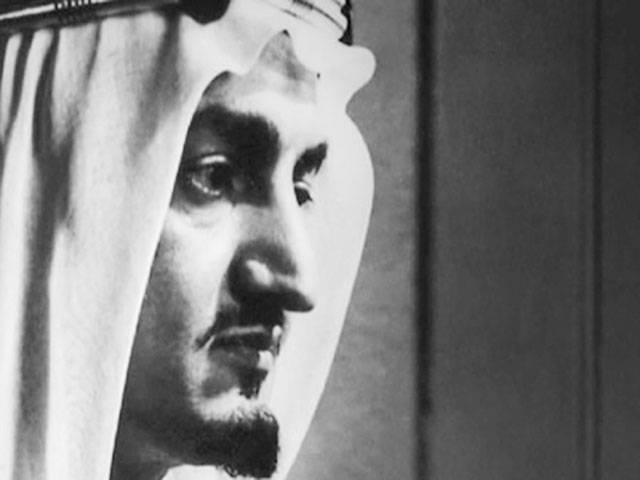“King Faisal’s vision was to ensure that a humanitarian element is embedded into the plans and policies that influence people’s lives regardless of their colour, gender or faith; contributing to a better future.”
–Prince Abd Allah Al-Faisal
On 25th March 1975, King Faisal bin Abdulaziz of Saudi Arabia was assassinated by his half-nephew, Faisal bin Musaid.
The murder occurred at a majlis, where the King was present in front of an audience. When the King embraced his half-nephew, who had recently returned from the United States, the Prince took out a pistol and shot him point-black through the chin and the ear. King Faisal was taken to a hospital, but died soon after.
The murder was at first attributed to Prince Faisal suffering from mental illness, but the theory was dismissed. The incident is seen by some as an act of vengeance, for Prince Faisal’s brother, Khalid bin Musaid, was killed by a police officer during a protest against the reforms introduced by King Faisal.
Following a trial, the prince was declared sane by medical experts during the act of assassination, and was then convicted of regicide. As a consequence, he was beheaded in the public square in Riyadh.
King Faisal was deeply mourned in the Islamic world, and has been honoured through various memorials, such as the Faisal Mosque in Pakistan. He is remembered for his policies of modernisation and reform, as well as the propagation of ideas such as pan-Islamism, anti-Communism and pro-Palestinian nationalism.






